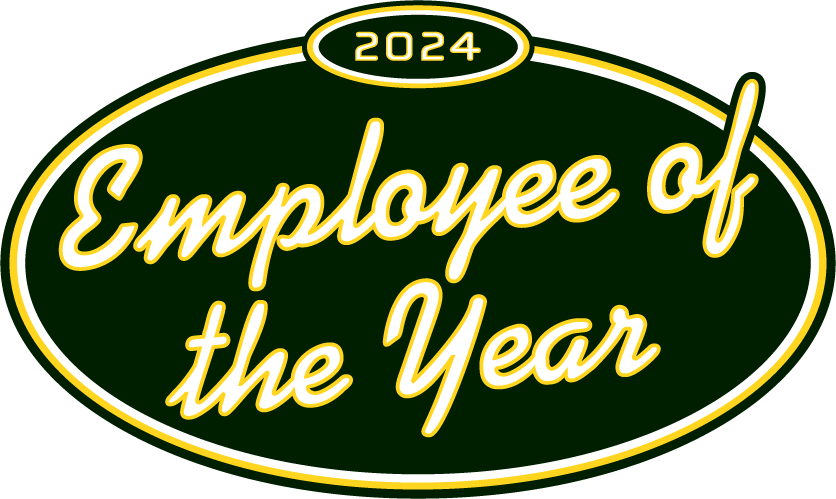-
Job Seekers
X
Job Seekers
Whether you're looking for a temp job or a permanent career, Labor Finders has you covered!
-
Explore
- How it works
- Industries
- Blog
- Locations
- Job Search
You May Also Be Interested In

2024 Employee of the Year
Learn more about our amazing Employee of the Year
-
-
Employers
X
Employers
Let us help you find the workers you need, when you need them.
You May Also Be Interested In

2024 Staffing Trends Quiz
Construction Staffing Trends Quiz
-
Industries
X
Employer Industries
Ready to staff your next project? Our staffing experts has the knowledge and the workers to cater to your unique staffing needs.
In this Section:
Job Seeker Industries
From construction to waste management, we have job openings in whatever industry you’re interested in.
In this Section:
-
About
X
About You
Getting matched to the right job, gaining the flexibility you want, making an impact in your community - at Labor Finders, it’s all about you!
-
You may also be interested in
- About Us
- Job Search Results
- Find an Office
- How it works
- Blog
About Us
With almost 200 offices nationwide, we’ve been putting people back to work for over 40 years. See why we’re a leader in the blue-collar staffing industry.
-
You may also be interested in
- About Us
- Media Center
- Video Library
- Leadership Team
- Careers
- In The Community
- History
-
- Location
Compliance
Is It Ever Legal to Only Hire One Gender?

There are some positions that seem like they're always held by one gender or the other. Think of a kindergarten teacher -- who are you picturing? Most people picture a woman in this position. Similarly, most individuals picture a man when they think of a mechanic or a sanitation worker. But if a man applies for a job as a kindergarten teacher or a woman decides to pursue a career as a trash collector, do their prospective employers have the right to deny them jobs based on their gender? Yes, but only in certain circumstances. The key to choosing to hire employees of only one gender lies in the ability to prove that the employees' gender is crucial to their job performance. This is known as a Bona Fide Occupational Qualification, or BFOQ.
Ruby Tuesday's Gender Discrimination Lawsuit
In 2013, restaurant chain Ruby Tuesday posted ads for seven seasonal positions at their location in Park City, Utah. These positions included staff housing and were advertised as available to women only. Andrew Herrera, a Ruby Tuesday employee since 2005, wanted to apply for one of these positions but, along with another male applicant, was not considered for the position because of his gender. Representatives for the restaurant chain claimed that their choice to hire only women was due to concerns of having to house opposite-sex employees together.
Herrera chose to file a sex discrimination lawsuit against Ruby Tuesday with the Equal Employment Opportunity Commission. The commission is seeking monetary compensation for Herrera, alleging that the company unfairly discriminated against him based on his sex.
Gender Discrimination Case Precedents
This is not the first high-profile case of alleged gender discrimination in the restaurant industry. In the 1990s, prospective male employees filed a discrimination suit against Hooters, claiming its practice of only hiring female servers was in violation of Title VII of the Civil Rights Act of 1964. Hooters' response was that its hiring practices are a key part of its brand image. When the suit was settled, Hooters paid $3.75 million to the plaintiffs and opened its host and bartender positions to male applicants. In this case, Hooters could not prove that gender is a BFOQ for its company.
Bona Fide Occupational Qualification Requirements
It can be incredibly difficult for an employer to use the BFOQ exception to justify only hiring employees that meet a certain characteristic. Two examples of where this is a valid requirement are cases where a women's clothing company hires only female models to model women's clothing and churches only hiring members of their religion for clergy positions. Companies can cite any characteristic protected by Title VII of the Civil Rights Act except race as a bona fide occupational qualification. In the aforementioned examples, the positions are specialized to the point that employees must fit a certain mold to adequately perform the job's requirements. But when a job's requirements are more general, such as serving positions, employers find themselves in a moral gray area. Legality aside, these employers must ask themselves if it's acceptable to discriminate based on sex and if so, how they can justify making such a decision.
Check out Labor Finders for more employment information and resources.














